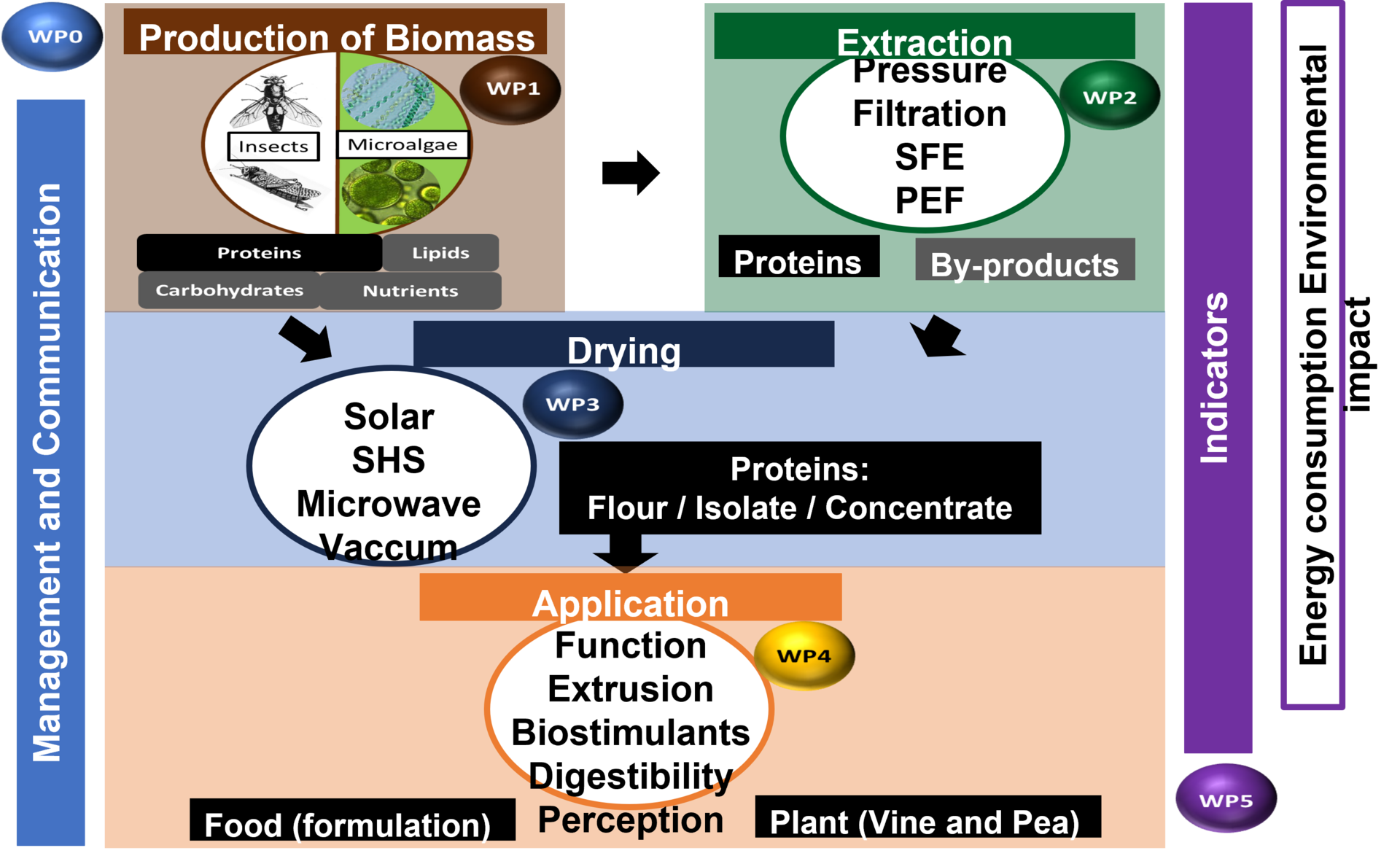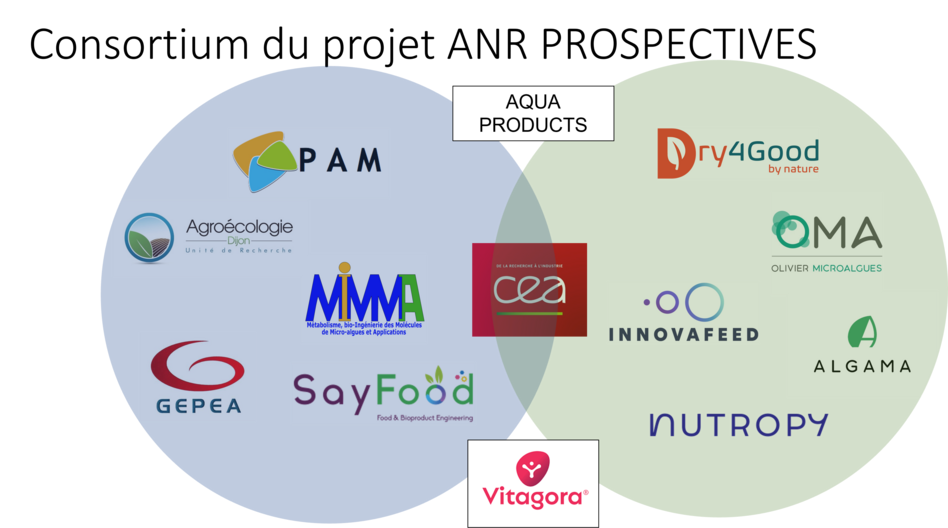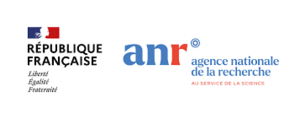PROSPECTIVES ANR project
In line with its "sustainable and healthy food" strategy, France is committed to maintaining its food self-sufficiency.
It thus continues its support for the development of agricultural and agri-food sectors which produce, on French territory, the foods essential to our diet, including proteins.
Protein production and diversification, major issues that combine economic and environmental challenges.
French farmers are largely dependent on imports of soya and other feedstuffs. These imports involve increasingly significant transport costs, not to mention the underlying environmental impacts: pollution caused by transport, deforestation to make way for soya plantations, etc.
Food self-sufficiency is also dependent on the diversification of protein production sectors, with the development of new sources such as microalgae, insects or proteins from biotechnology.
To overcome these problems, but also to strengthen the competitiveness of French agriculture and the agri-food industry, the State is committed to supporting the development of alternative protein production sectors for animal and human food, as part of France 2030 and the National Strategy for Sustainable and Healthy Food.
The PROSPECTIVES project (alternative PROteinS : Production, ExtraCTion, dryIng, Ingredients Valorisation, for the improvement of protEins Sustainability in human diet
The PROPESTIVES project, led by the UBFC, aims to mobilise France's innovative protein potential by focusing on two alternative protein sources: microalgae and insects. The aim of the project is to study the drying of these proteins in order to make recommendations on the drying stages in order to obtain powders, flours, concentrates and isolates that are optimised in terms ofcost and quality (organoleptic properties and stability). A large number of drying methods will be studied. Classical drying methods (atomisation, ovens, drums) will be considered as references, but alternative methods will also be studied (microwaves, superheated steam, vacuum drying at ambient or solar temperature).
The project plans to assess the environmental and economic impacts of each stage, from the production of the protein to its use in food. This will provide a complete assessment of the entire biomass conversion and valorisation process.
Contact us : Camille Loupiac [camille.loupiac(at)agrosupdijon.fr]











